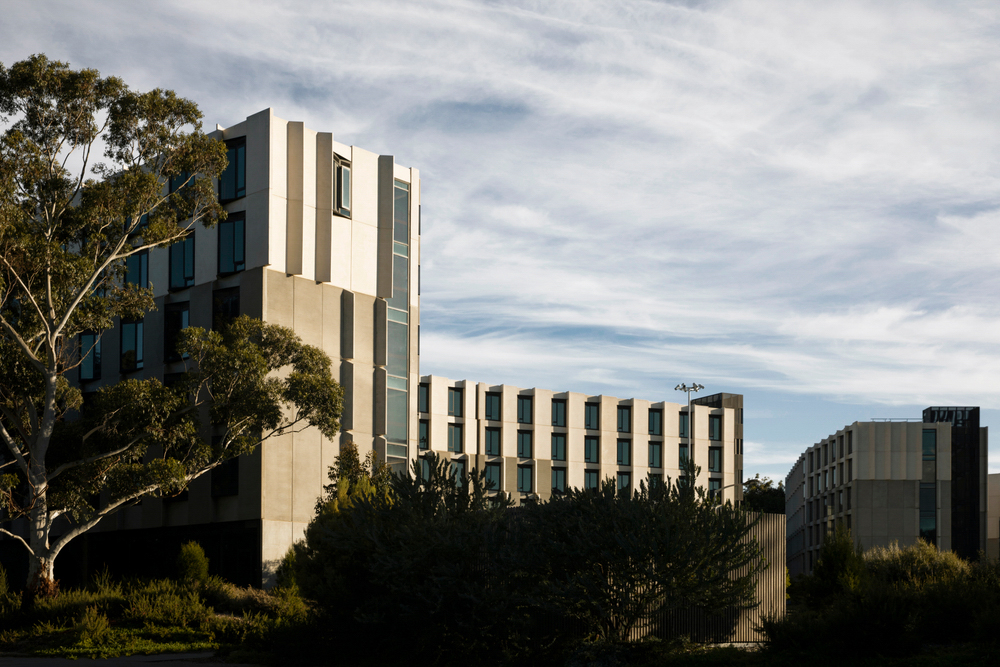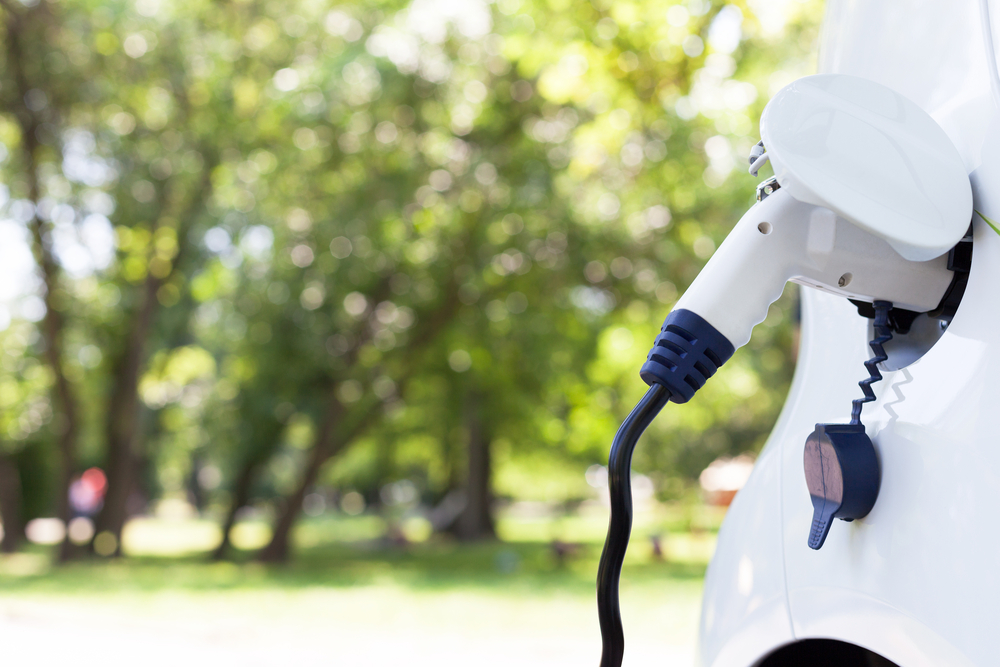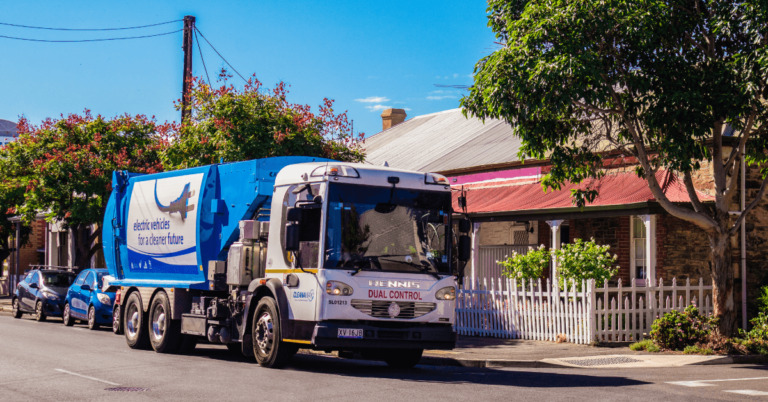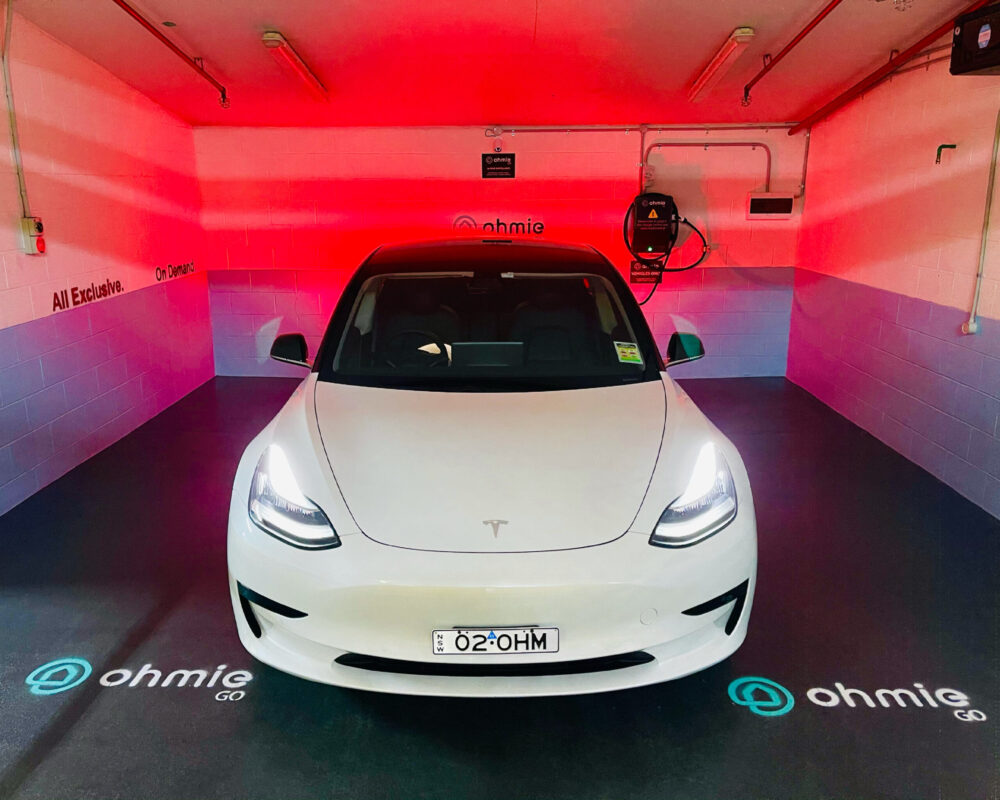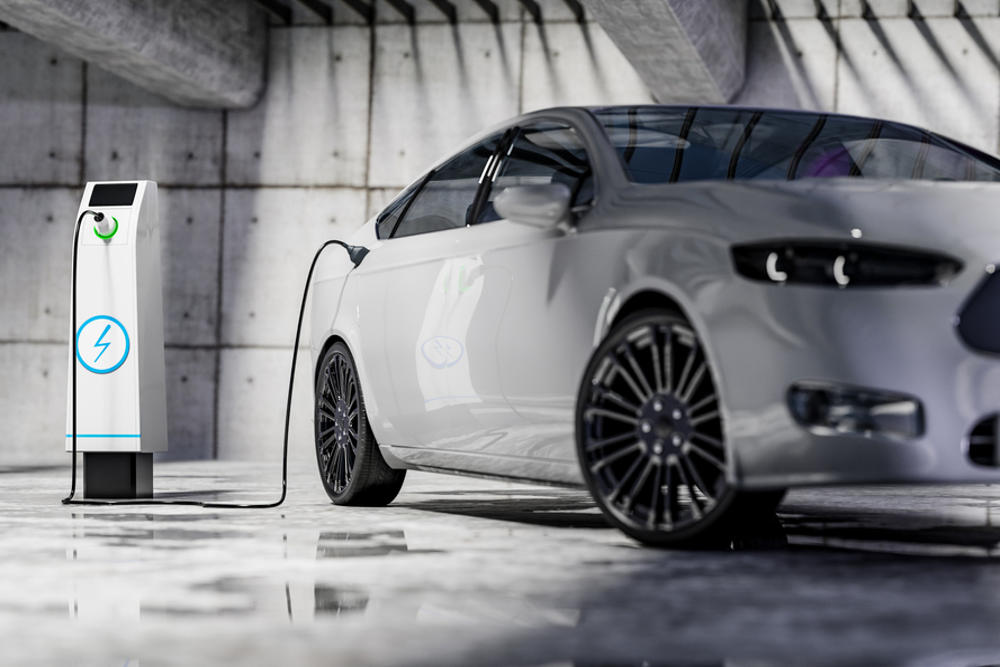
The Independent Tertiary Education Council Australia (ITECA) has advised a federal parliamentary enquiry on the need for a comprehensive workforce strategy as Australia transitions to electric vehicles (EVs).
ITECA, representing independent skills training, higher education, and international education providers, emphasised the importance of addressing changing job roles and skill requirements in the automotive sector as petrol and diesel-powered vehicles are phased out.
The House of Representatives Standing Committee on Climate Change, Energy, Environment, and Water is currently examining issues related to the nation’s transition to EVs.
In its submission to the enquiry, ITECA highlighted the need to reskill and upskill the auto sector’s workforce to meet the demands of EV technology.
According to Troy Williams, ITECA’s Chief Executive, new roles such as EV repair technicians, battery specialists, and software engineers for vehicle management systems are becoming increasingly important.
Williams emphasised the need for robust training programs to upskill workers in handling electric drivetrains, battery systems, and charging infrastructure.
The transition to EVs presents a significant challenge in workforce reskilling, with approximately 157,500 people employed in automotive repair and maintenance across Australia.
Both independent Registered Training Organisations (RTOs) and public TAFE colleges will play a crucial role in delivering the specialised training programs required for upskilling and reskilling the workforce.
“Independent RTOs will play a critical role as they support around 45.4 per cent of students in the Automotive Industry Retail, Service, and Repair Training Package,” said William.
While the National Electric Vehicle Strategy provides a framework for emissions reduction and EV adoption, ITECA noted that it currently lacks a comprehensive plan for workforce development.
ITECA called for a strategic approach that leverages the strengths of both independent RTOs and TAFE colleges to meet the emerging needs of the automotive sector.
ITECA stressed the importance of collaboration between industry, training providers, and government to address the workforce reskilling challenge, particularly in remote, rural, and regional areas.
The reskilling and upskilling of Australia’s workforce to manage the transition to electric vehicles is a national challenge that requires a coordinated effort across all sectors.








